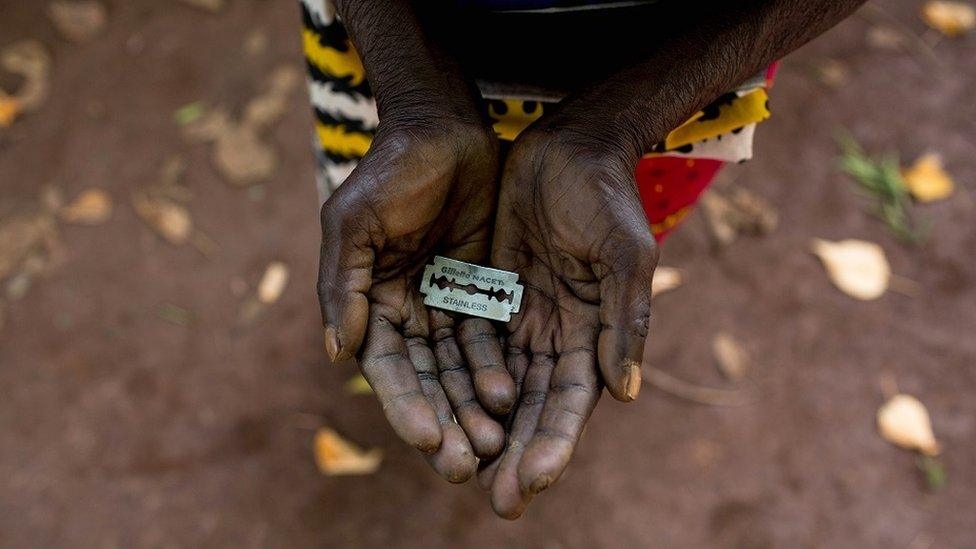

Stakeholders are reviewing the FGM Act to address emerging
challenges.
The Anti-FGM Board has acknowledged that since the Act 2011 came into force, several developments have emerged.
These include the medicalisation of FGM, cross-border and inter-county FGM, and changes in the types of FGM practiced, among other trends.
In line with this, the Anti-FGM Board in partnership with UNICEF convened a multi-stakeholder preliminary meeting to develop a roadmap for revising the anti-FGM law that protects women going through this.
“This collaborative effort seeks to strengthen the legislative framework and ensure it adequately addresses the evolving nature of FGM practices,” the board said.
The meeting, opened by Anti-FGM Board CEO Bernadette Loloju, emphasised the need for a multi-pronged approach to combat FGM.
During the meeting, the officials discussed how the Act of 2011 performed, and whether it was a success or failure.
An analysis of the act was done. The participants reviewed the successes and challenges of implementing the Prohibition of Female Genital Mutilation Act of 2011.
They compiled data on the numbers to see how often FGM happened even with the act enforced.
In addition, they examined statistics on prosecutions, convictions, and FGM prevalence since the Act's enactment.
“Feedback was received from key resource persons, including law enforcement officers, prosecutors, and representatives from the children’s department, on their experiences enforcing the Act,” the board said.
The gaps in the act allowed FGM to happen until recently when we see organisations stepping up to hold the parties involved in pushing this narrative accountable.
A survey done by the United Nations shows that in Kenya, at least 65 per cent of men living with women who have gone through this are fully against it.
In March last year, nominated MP Irene Mayaka demanded a status report of the campaign to end Female Genital Mutilation (FGM) by 2022.
Seeking a statement from the Departmental Committee on Social Protection, Mayaka said the government should highlight achievements towards eradicating the practice.
“While the strides taken by the Ministry of Public Service, Gender and Affirmative Action in the eradication of FGM cannot be gainsaid, certain areas in the country still practice it,” Mayaka stated.
She said there is a need for an extension of the campaign to ensure total prohibition and eradication of all forms of FGM in the country.
Mayaka further wants the government to state the measures it has put in place to sustain the gains made through the campaign beyond 2022.

















